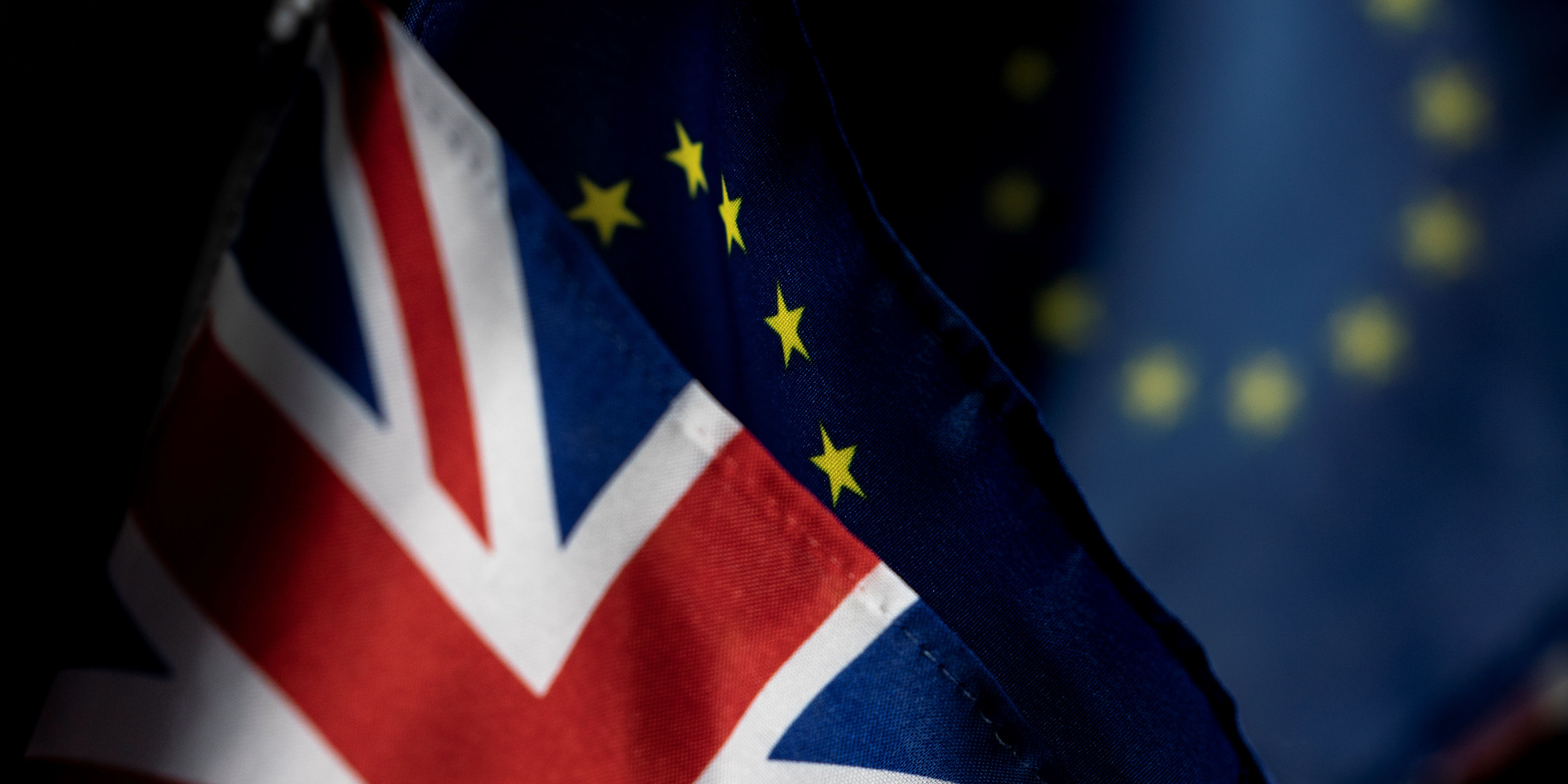The business world has been overwhelmingly unfavorable to Brexit but is fully suffering the consequences.
Entrepreneurs describe the multiple hassles of Brexit, which emerged overnight.
UK goods exports to the EU plunged 41% in January.
"What worries me is that Great Britain seems a little toxic now": this boss of an SME, like so many others, denounces the damage of Brexit on British exports and on the image of the country for business.
Neil Currie's company sells kitchen utensils, the exchanges of which have taken the brunt of new post-Brexit arrangements, such as pasta, lobster, fragrances, and a litany of other products.
The numbers speak for themselves.
UK exports of goods to the EU plunged 41% in January, the first effective month to exit the single market, according to figures from the National Bureau of Statistics on Friday.
Certainly, companies on both sides of the Channel had built up stocks at the end of 2020 in anticipation of leaving the EU, and the pandemic may have played a role.
But the divorce, admittedly softened by the conclusion of a trade agreement, remains in the throats of many of them.
The business world hit hard by Brexit
The business world has been overwhelmingly unfavorable to Brexit but is fully suffering the consequences.
Entrepreneurs describe the multiple hassles of Brexit, which emerged overnight.
“We need to create three invoices for each order, which detail the materials,” says Neil Currie.
To export a 50-pound frying pan to France, it takes 16 to 20 pounds in distribution costs compared to 8 pounds before Brexit, which will discourage buyers.
And until leaving the EU, it was faster to ship an order to Brussels than to Scotland or Northern Ireland.
"We are only 12 people, we do not have someone who spends their day working on export management," he recalls.
"Since January 1st, there is a pile of paperwork to fill out"
Food companies are particularly affected, since the health constraints are added.
Baron Shellfish, a lobster exporter from the North East of England, has simply gone out of business.
Scottish salmon farmers estimated losses at the end of February at 11 million pounds.
“Since January 1, there is a pile of paperwork to fill out,” says Nicolas Hanson, Franco-British and owner of the high-end fresh pasta maker La Tua Pasta in London.
"To export a ton and a half of pasta, there are easily 70 pages to fill which is huge," he explains, estimating the cost of Brexit between 50,000 to 70,000 pounds over the year.
It remains to be seen whether this downward trend in exports is only temporary, as the British government believes, which ensures that freight volumes have returned to normal.
According to the association of British manufacturing companies Make UK, more than a third of them say they have lost sales in the past two months.
Companies are trying to find solutions to keep their business afloat.

